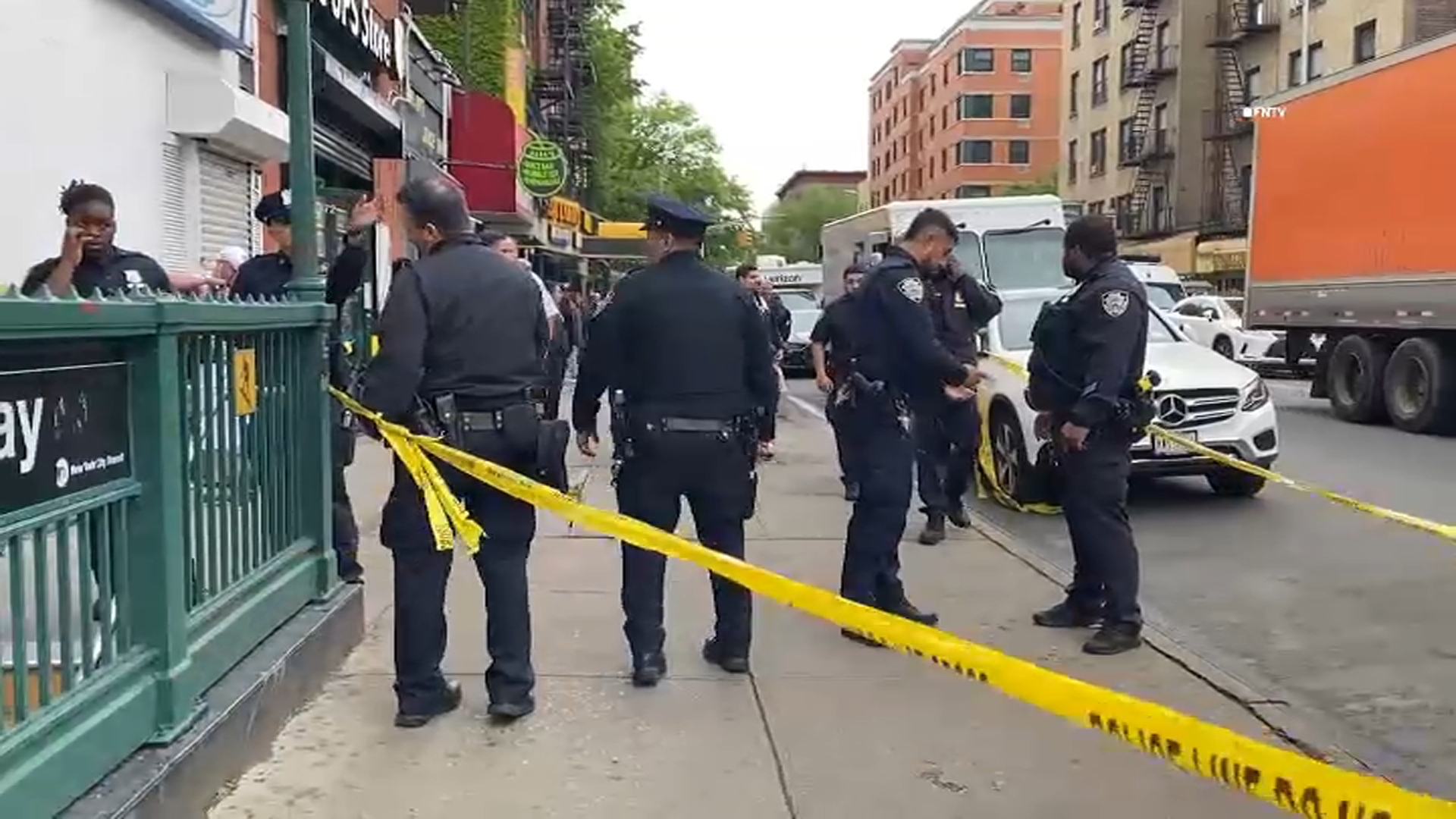A security firm run by the former director of the FBI has been retained to review security — and will recommend changes — on standardized testing procedures following an SAT cheating scandal on Long Island, officials with the nonprofit organizations behind the tests said Tuesday.
The officials from The College Board and Educational Testing Service made the announcement at a hearing of the New York state Senate's subcommittee on higher education. The ETS administers the SAT on behalf of the Princeton, N.J.-based College Board.
Sen. Kenneth LaValle, the subcommittee chairman, convened the hearing after seven current or former students at Great Neck North High School were arrested last month. Authorities said six of the students had an older college student who had attended the high school take their exams in their place in a quest for better scores.
The scandal surfaced when teachers at the school heard rumors of the scheme earlier this year and found that some of the student scores were far better than their high school grades had been previously.
LaValle and others have questioned test security procedures in the wake of the scandal, particularly focusing on the allegation that the accused impersonator, 19-year-old Samuel Eshaghoff, allegedly posed as a female during one of the tests. Eshaghoff also is accused of accepting payments of up to $2,500 for taking the tests. He and the other six, who are accused of misdemeanors, have all pleaded not guilty.
LaValle noted in remarks at the start of the hearing that there is increasing pressure on students to perform well on the tests, which are used by many universities as criteria for admission.
"Education is critically important," LaValle said. "It gives one a ticket to their success. This committee and our legislature and our society cannot tolerate where one group of students play by different rules that give them an advantage over other students. Sadly, the losers in this are the honest, hard-working students who play by the rules."
Local
He said he will introduce legislation early next year to change existing laws that sometimes prevent the College Board or ETS from notifying schools when allegations of cheating have been confirmed.
Nassau County District Attorney Kathleen Rice, who filed criminal charges in the Great Neck case, said her investigation has widened to other high schools — both public and private schools — and more arrests are expected. She was initially expected to testify at the hearing, but withdrew because of potential conflicts with the ongoing investigation.
Former West Virginia Gov. Gaston Caperton, who is now the president of The College Board, said the cheating scandal has prompted an international review of security testing procedures. He said Freeh Group International Solutions, LLC, which was founded by former FBI director Louis J. Freeh, has been retained to assist with security concerns.
Caperton insisted that impostors taking SATs for another student is a rarity. He said security changes being considered include a review of what would be acceptable ID information and possibly using digital photography at testing sites. He did not provide a timetable for when Freeh's company would make recommendations, but appeared willing to accede to whatever changes are suggested.
LaValle sought assurances that the cost of any security upgrades not be passed along to students taking the test, but Caperton conceded "certainly it will have some effect."
Caperton's spokesman, Peter Kauffmann, said later that it is too early to know whether additional costs would be incurred.
The College Board, which charges $49 for the test, has faced criticism from some educators over fees. This year it says it granted 350,000 students fee waivers — an increase of 77 percent in the last four years — because of the weak economy.
Bernard Kaplan, the principal at Great Neck North, criticized the lack of security procedures employed by the College Board and ETS. But he said he could not answer questions, citing the ongoing prosecution case involving his school. He noted that Eshaghoff did not allegedly take the tests at Great Neck North, but went elsewhere so he wouldn't be recognized. Some senators have questioned the effectiveness of allowing students to take the exam at locations other than at their own high schools; something that is currently permitted.
"Many, many educators have come to believe that the SATs are over used, over emphasized, and generally given much more credibility than they warrant," Kaplan said. "In fact, what SATs measure best is how well you will do on your next SATs."
Kaplan added: "Very simply, ETS has made it very easy to cheat, very difficult to get caught, and has failed to include schools in the process."
Another critic of standardized testing contended that more can be done to improve test security.
Bob Schaeffer of FairTest, said photos of all students should be taken when they arrive at a school to take the SAT, something that Caperton said is now being considered.
"As the Great Neck scandal demonstrates, the current level of security is inadequate," he said. "Savvy students can circumvent these minimal protections with relative ease, particularly by using modern technologies to forge identity cards, covertly copy exam materials, or secretly transmit correct answers."



